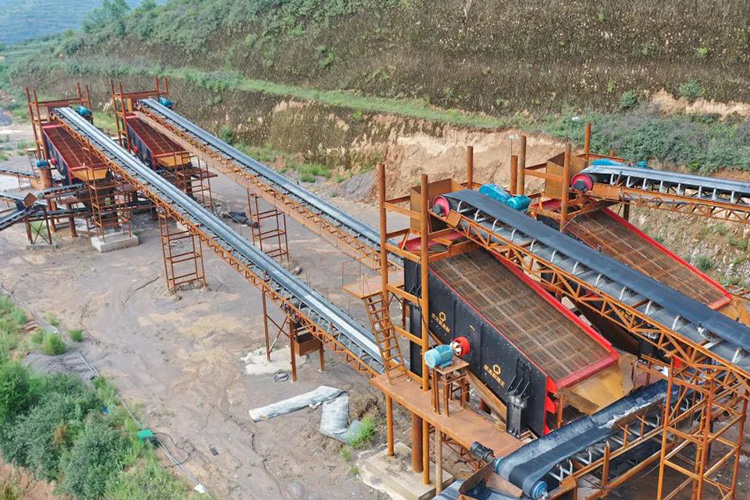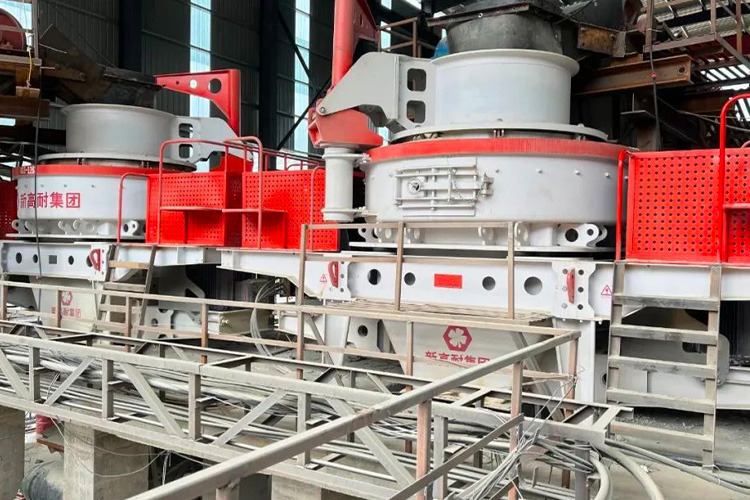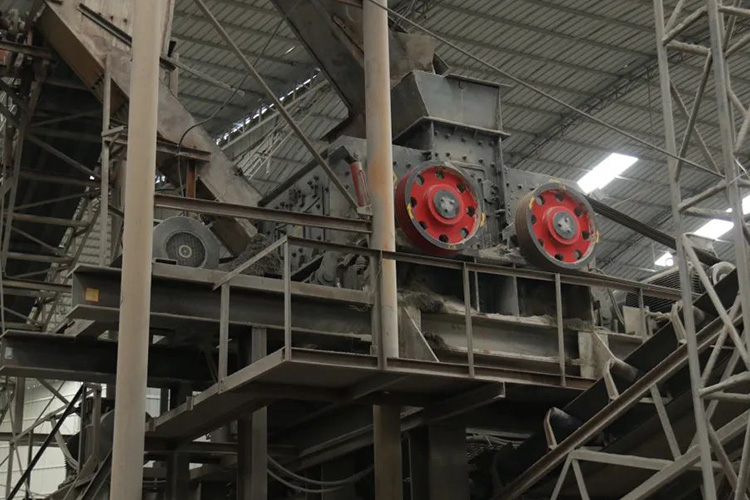As the core equipment of the modern sand and gravel production line, the sand making machine is of great significance to improve production efficiency, reduce production costs and protect the environment. Dry sand making and wet sand making are two main sand making processes, each with unique characteristics and applicable scenarios.
There are significant differences between these two sand making methods in many aspects, which not only affect the efficiency and quality of the sand making process, but are also directly related to production costs and environmental impact.

1. Differences in production conditions and processes
Dry sand making: It is mainly suitable for areas with drought, low rainfall and serious lack of water resources. The production process is similar to the wet method, but after inspection and screening, a powder separator is used instead of a sand washing machine, and the sand and gravel are not washed. At the same time, dry sand making equipment uses dust collectors instead of fine sand recovery devices and wastewater recovery devices. Wet sand making: suitable for areas with lots of water or places close to water sources. The process mainly uses the sand making mode of the sand washing machine to round the sand grains and reduce the soil content through washing.
2. Differences in water use
Dry sand making: almost no water is used, only a small amount of water is needed for spraying and dusting. Wet sand making: A large amount of water resources are consumed during the production process, and a ton of sand and gravel consumes about 2 to 3.5 tons of water.

3. Finished product quality
Dry sand making: The moisture content of finished aggregate and artificial sand is low, generally not higher than 2%, but the surface cleanliness is not high and there is a certain amount of stone powder remaining. Wet sand making: The finished sand and gravel aggregates have good appearance, clean surface and good quality.
4. Economic benefits and environmental impact
Dry sand making: It is not affected by drought or cold seasons and can be produced continuously throughout the year. And due to the reduction of drainage and sewage treatment equipment, the system is relatively simple, requires less investment, occupies a small area, and has low production costs. However, attention should be paid to controlling the content of impurities such as soil and organic matter in the raw materials to avoid clogging and overloading the dust collection system. Wet sand making: It is highly dependent on water resources and is only suitable for mining areas with relatively abundant water resources. And normal production cannot occur when the temperature is below zero in winter. At the same time, a large amount of drainage and sewage treatment equipment needs to be added, which requires large investments, takes up a lot of space, and makes operation and management difficult.

5. Dust and environmental protection
Dry sand making: There is some dust pollution, but it can be collected and processed by a dust collector. At the same time, dry sand making can rationally utilize the produced stone powder, which has obvious environmental protection. Wet sand making: There is no dust pollution, but if the muddy sewage produced during the sand making process is directly discharged, it will cause environmental pollution, and recycling will require a lot of equipment investment and cost.
In summary, there are significant differences between dry sand making and wet sand making in terms of production conditions, water use and finished product characteristics, economic benefits and environmental impact. The choice of sand making method should be determined based on the specific production environment and needs.
In areas with scarce water resources or in production environments that pursue low cost, high productivity and environmental protection, dry sand making is more suitable; while in areas with abundant water resources or in production environments that pursue high cleanliness of finished sand, wet sand making is more suitable. is more advantageous.